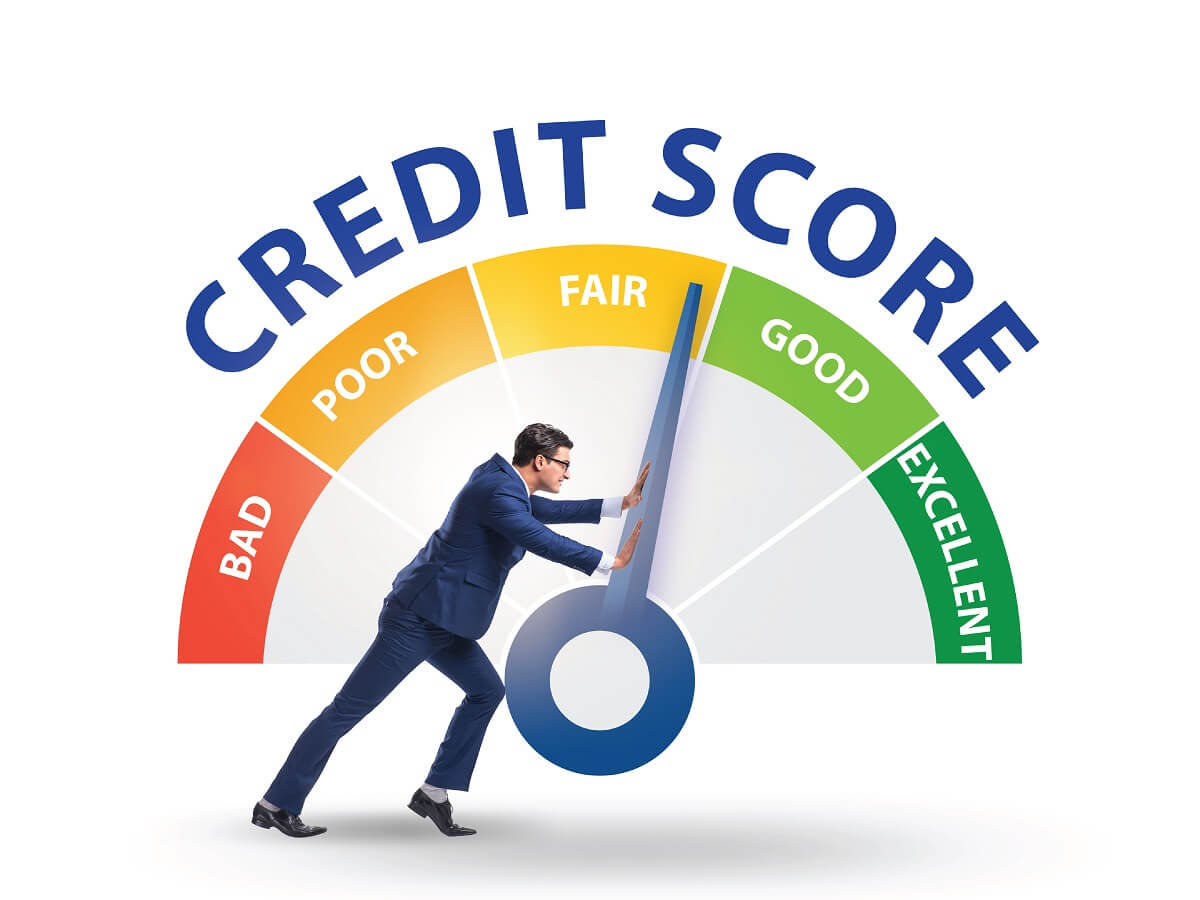Introduction
Your credit score is a crucial factor in determining your financial health. It represents your creditworthiness and can have a significant impact on your ability to secure loans, get favourable interest rates, and access other financial products. But what do those numbers actually mean?
In this blog post, we'll break down the different credit score range and explain what each one signifies. Whether you have an exceptional credit score or a fair credit score, understanding these ranges will help you make informed financial decisions.
Exceptional Credit Score: 800-850
Let's start with the exceptional credit score range, which falls between 800 and 850. An exceptional credit score indicates that you are consistently responsible when it comes to managing your borrowing. People with an exceptional credit score have a long history of no late payments and low balances on their credit cards.
Lenders consider them low-risk borrowers and offer them the lowest interest rates on loans and credit cards. They are more likely to qualify for mortgages, credit cards, loans, and lines of credit with favourable terms.
Very Good Credit Score: 740 to 799
If your credit score falls within the range of 740 to 799, you have a very good credit score. This indicates that you are generally financially responsible when it comes to managing your money and credit.
Lenders see you as a low-risk borrower, and you may qualify for even better interest rates and loan terms. With a very good credit score, lenders may also offer you lower interest rates.
Good Credit Score Range: 670 to 739
If your credit score range is between 670 and 739, you're considered to be near or slightly above the average credit range. Lenders are more likely to offer you competitive interest rates, making it easier for you to qualify for various types of credit.
Having a good credit score opens doors for better opportunities, but it doesn't guarantee automatic approval or the lowest interest rates available. Other factors such as income, employment history, and debt-to-income ratio also play a role in the lender's decision-making process.
Fair Credit Score: 580 to 669
Moving down the credit score range, we come to the fair category, which includes scores ranging from 580 to 669. If your credit score falls within this range, you may face some challenges in obtaining credit at competitive rates.
While lenders are still likely to extend credit to you, it may be at higher interest rates compared to those with higher credit scores. However, having a fair credit score doesn't mean all doors are closed to you. There are still options available, such as secured loans or loans from alternative lenders.
Poor Credit Score: Under 580
If your credit score falls below 580, it is considered poor. This indicates that you have a significantly damaged credit history and pose high risk for lenders. With this type of score, obtaining new credit can be extremely difficult.
It's important to note that a poor credit score doesn't mean you can't improve your financial situation. By taking steps to rebuild your credit history, such as making timely payments on existing debts and reducing outstanding balances, you can gradually improve your credit score over time.
Conclusion
Understanding the credit score range is essential for making informed financial decisions. Whether you have a good credit score, a fair credit score or are working towards improving your poor credit score, knowing where you stand allows you to identify areas for improvement.
If you're looking for financial solutions tailored to your specific credit needs, consider exploring options from Mahindra Finance. We offer a range of products and services designed to help individuals at different stages of their financial journey.
FAQs
1) What is considered a good credit score range?
A good credit score range is typically between 670 and 739. Having a credit score within this range increases your chances of qualifying for loans at competitive interest rates.
2) Does my CIBIL score range affect loan approvals?
Yes, your CIBIL score range plays a significant role in determining whether lenders approve your loan applications. A good CIBIL range is between 750 to 900.
3) Is it possible to get a good interest rate with an average credit score?
While an average credit score may still fetch competitive interest rates on loans, borrowers with higher scores are more likely to qualify for the best rates available in the market.
4) What is a CIBIL Score, and what factors affect my CIBIL Score?
CIBIL Score is a 3 digit numeric summary of your credit history, derived by using details found in the ‘Accounts’ and ‘Enquiries’ sections on your CIBIL Report and ranges from 300 to 900. The closer your Cibil score range is to 900, the higher are the chances of your loan application getting approved.






















































